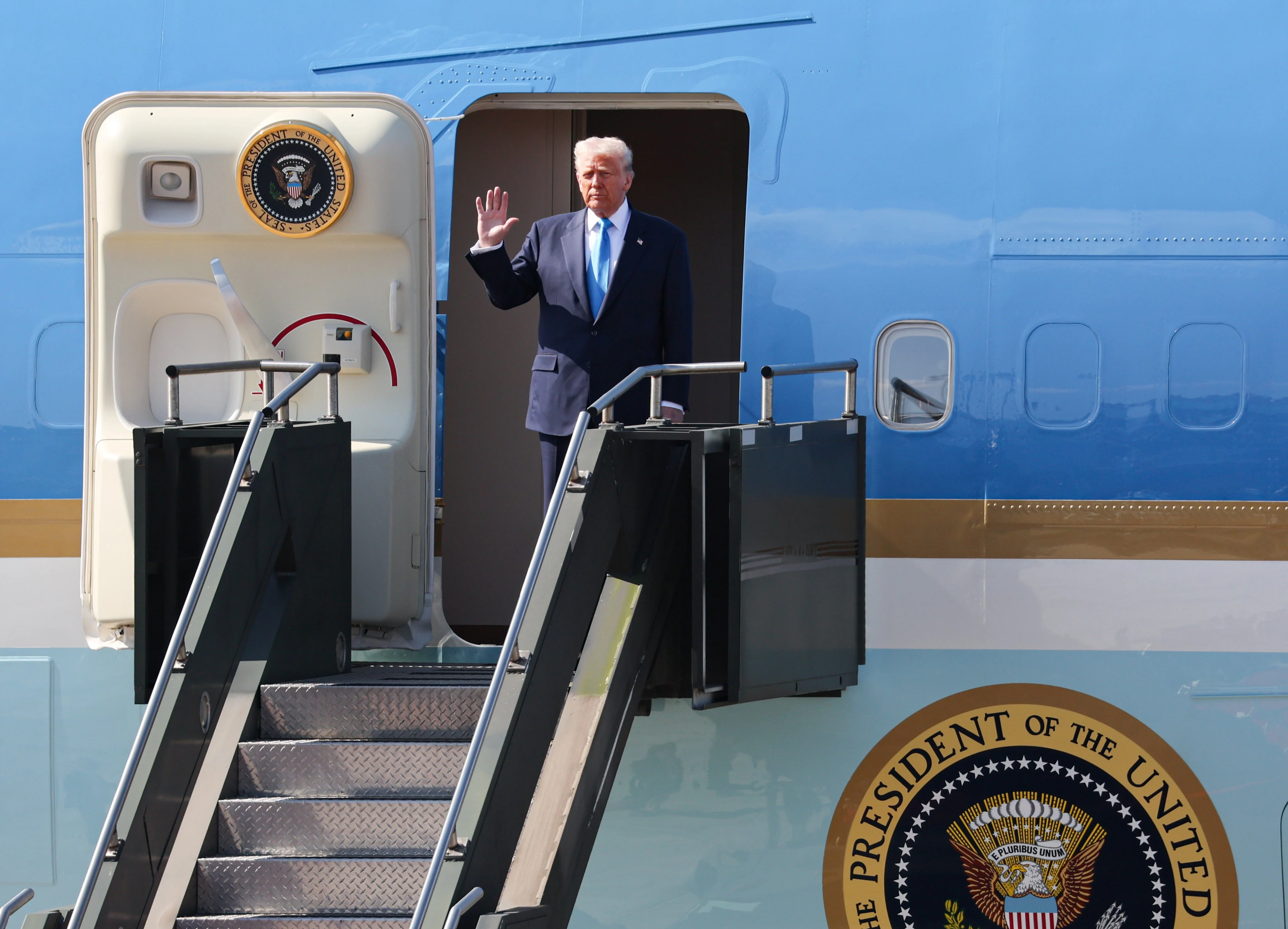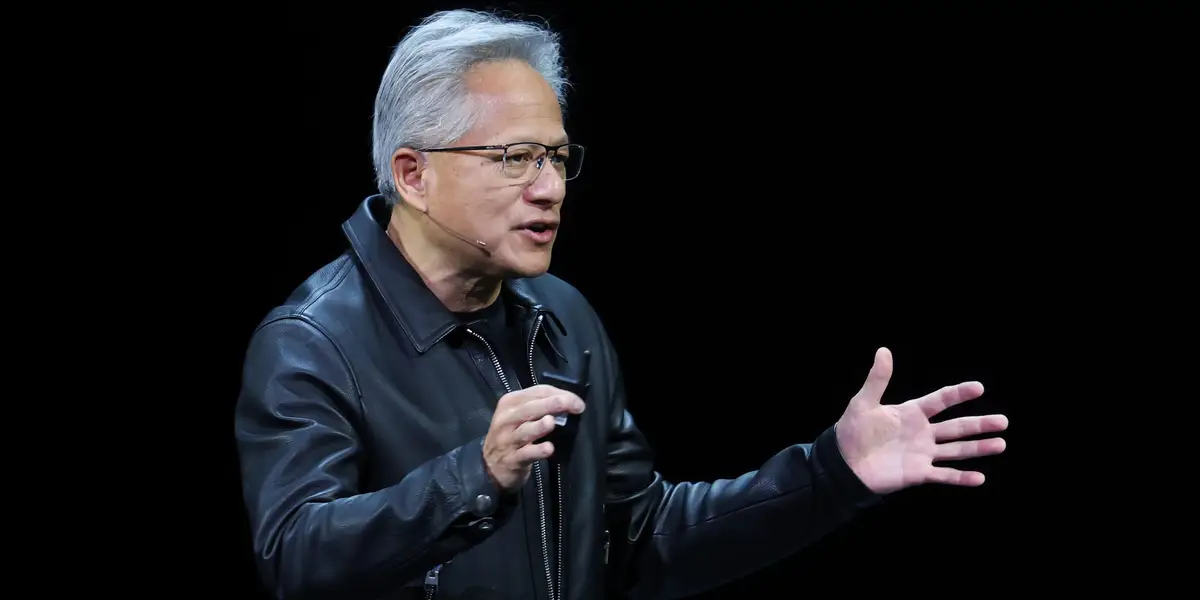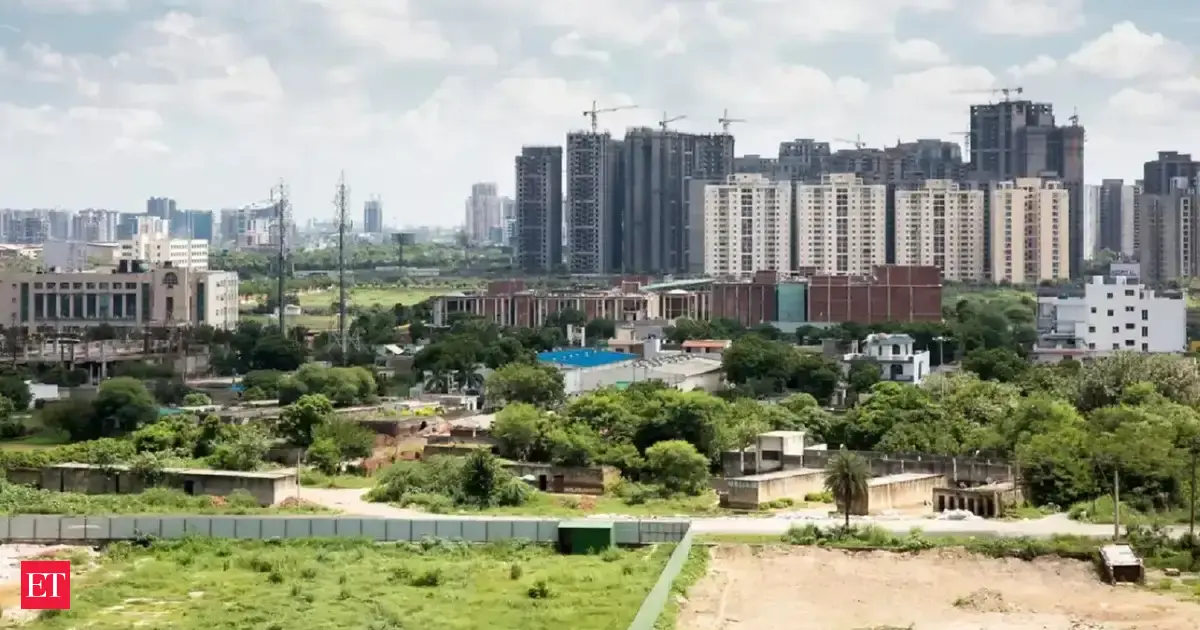Copyright scmp

Highly anticipated talks between Xi Jinping and Donald Trump on the sidelines of the Apec summit are set for Thursday in Busan, South Korea – some 85km (53 miles) from the forum’s main events in Gyeongju – and security considerations could explain why as the two seek to make headway on issues that have left bilateral ties strained. On Wednesday, the Chinese foreign ministry announced that Xi and Trump would meet in Busan to “exchange views on bilateral relations and issues of mutual interest”. Guo Jiakun, a foreign ministry spokesperson, said the two leaders would engage in in-depth discussions on “strategic and long-term issues” concerning bilateral relations, as well as major topics of mutual interest. “We are willing to work with the US side to ensure positive outcomes from this meeting, providing new guidance and injecting fresh momentum into the stable development of China-US relations,” Guo added. Speaking to reporters aboard Air Force One on Wednesday morning, Trump said he expected to discuss with Xi fentanyl flows into the US and American farmers. Trump’s remarks followed a Wall Street Journal report on Tuesday suggesting that Washington might reduce the 20 per cent fentanyl-related tariffs on Chinese exports by half in exchange for Beijing’s crackdown on the export of chemicals used to produce fentanyl. “I expect to be lowering that because I believe that they’re gonna help us with the fentanyl situation,” Trump said on Wednesday. “They’re gonna be doing what they could do.” Answering media questions regarding fentanyl, Guo said Beijing had provided help in this regard with positive results and was “open to continuing cooperation”. “The US should take concrete actions to create the necessary conditions for cooperation,” added Guo, calling China’s stance on the issue consistent and clear. When asked about a possible one-year pause in Beijing’s rare earth export controls and whether it could lead to further concessions, Trump said: “We haven’t talked about the timing yet, but we’re gonna work out something.” Trump voiced optimism about reaching a “great deal” with China in his talks with Xi as he spoke to business executives on the sidelines of the Asia-Pacific Economic Cooperation summit. The American president said he believed a deal would benefit both the US and China and be “something very exciting for everybody”. Last week, White House press secretary Karoline Leavitt said Trump would fly to Busan and meet his Chinese counterpart there on Thursday before departing for Washington. South Korea is the final leg of Trump’s Asia trip, which began on Sunday and took him to Malaysia and Japan. He is expected to leave South Korea on Thursday, while Xi is scheduled to arrive on Thursday and leave on Saturday. Meanwhile, South Korean President Lee Jae-myung was scheduled to hold separate summits with Trump on Wednesday and Xi on Saturday, both in Gyeongju. Trump was to skip the main events of the Apec summit, only delivering keynote remarks at a CEO lunch and attending a working dinner with Apec leaders. As for Busan, the reception hall at the city’s Gimhae International Airport, known as Narae Maru, was renovated recently and mentioned as a possible venue to host the meeting between Xi and Trump, according to South Korean reports. Narae Maru is situated within a South Korean air force base that is home to the country’s 5th Tactical Airlift Wing. Kang Jun-young, a professor of Chinese studies at Hankuk University of Foreign Studies in Seoul, said the airbase might have been chosen as the venue owing to security and intelligence considerations. “The air force base is a highly secure location where ordinary personnel cannot easily enter or exit, ensuring a higher level of safety. In fact, the venue also hosted a high-level summit in 2005,” Kang said of Narae Maru, site of a 2005 Apec meeting. Highly secure and inaccessible to the general public, Narae Maru also served as a reception room during a 2019 summit between South Korea and the Association of Southeast Asian Nations, according to local media. Kang highlighted concerns about possible anti-China and anti-US protests, suggesting that this also played a role in the airbase being considered for the Xi-Trump talks. Chinese leaders have a recent history of arriving at American airbases en route to attending major meetings. In 2011, for instance, former president Hu Jintao landed at Andrews Air Force Base near Washington for his state visit, while his predecessor, Jiang Zemin, arrived at Ellington Field Joint Reserve Base near Houston for his 2002 trip to the US. That said, there is no precedent of Chinese leaders taking part in a global summit at a military base. But such is not the case for other world leaders. Trump and Russian President Vladimir Putin held talks at Joint Base Elmendorf–Richardson in Anchorage, Alaska, in August. The expected summit between Xi and Trump would be their first since 2019 and come after China-US trade talks in Kuala Lumpur over the weekend that yielded a preliminary framework deal and an agreement to extend their tariff truce. Speaking to reporters after the talks, Chinese trade negotiator Li Chenggang said a “preliminary consensus” had been reached and would be submitted for domestic approval by both sides. On Monday, Chinese Foreign Minister Wang Yi held a phone call with US Secretary of State Marco Rubio, telling him that Beijing and Washington should “meet each other halfway” to solve disputes through dialogue instead of exerting pressure. Additional reporting by Orange Wang



